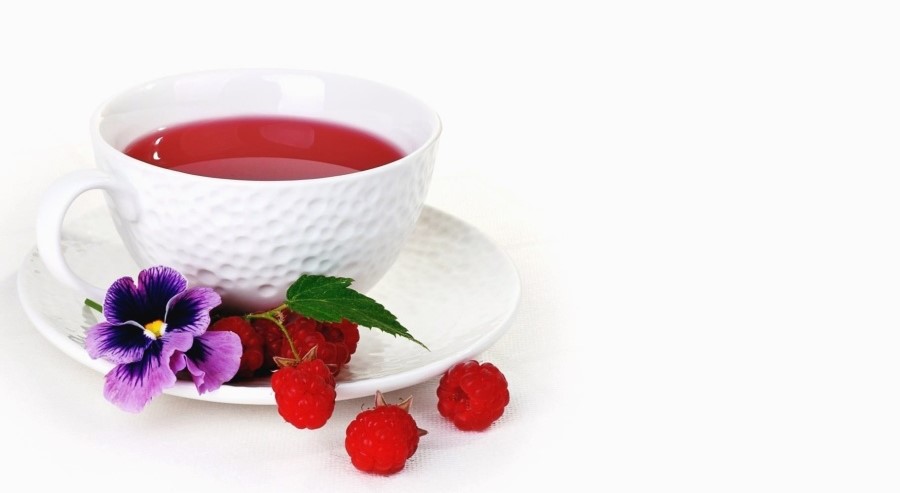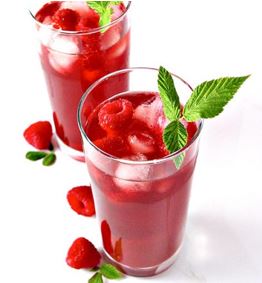Red Raspberry Leaf in Pregnancy, Birth & Beyond

Red raspberry (Rubus idaeus) is used frequently in Western Herbal Medicine as a ‘partus preparator’ (partus meaning ‘labour’, preparator meaning ‘preparatory’) i.e. a birth preparation tonic.
Red raspberry leaf and other partus preparator herbs have historically been used during the last weeks of pregnancy as a nutritive, antioxidant and reproductive tonic to
- Improve uterine muscle tone
- Coordinate and support more effective uterine contractions & relaxations during labour
- Control bleeding
- Assist with post-partum recovery and assists the uterus return to pre-pregnant size.
- Support initiation of lactation & breast milk production
Medicinally, Red Raspberry Leaf can be taken as a concentrated herbal extract or in a tableted form.
Red raspberry/Rubus is always a major component of the partus preparator herbal formulas that I prescribe in clinic. These are always individually prescribed based on your particular needs and pregnancy.
If you want to include partus prep herbs it is important to consult a qualified naturopath or herbalist to ensure correct dosage and herbal quality.
This is NOT one for self-prescribing.
However you can enjoy red raspberry leaf as a tea!
Making tea from red raspberry leaves is an easy way of getting its benefits.
It’s advised that you start drinking raspberry leaf tea at around 32 weeks pregnant to give it a chance to build up in your body and have an effect on your uterine muscle.
Start out by drinking 1 cup a day and then after a few weeks build up to 2 cups and then 3.
It tends to have a flavor similar to a mild green tea but happily without the caffeine. It’s available in tea bags or as loose leaf tea. Ensure that you use an organic, local product from a reliable source. Beware of cheap imported teas which may be contaminated with other items.
As a hot drink –
Pour 1 cup (250ml) hot water over 1 tablespoon of crushed red raspberry leaves (or 1-2 organic red raspberry leaf tea bags)
Let steep for 5-10 minutes before drinking. Strain if using loose leaf tea.
Red Raspberry Leaf Iced Tea
Red raspberry leaf tea can also be enjoyed as a cold, refreshing drink for those hot summer days.

As a cold drink –
In a jug, pour around 4 cups of hot water over 3 or 4 organic red raspberry leaf tea bags – according to how strong a tea you prefer.
Let it steep for around 15 minutes or until it has cooled.
Remove the tea bags. Store in refrigerator.
Serve –
- with ice cubes
- diluted with cold sparkling (or still) water
- sweetened with a little organic honey
- a squeeze of fresh lemon juice
- ½ cup fresh or frozen berries
Enjoy!
What do we know about this wonderful herb?
Research
Work done by Burn, Withell and Whitehouse during the early 1940s concluded that it is a relaxant on the uterus which results in better coordinated and more efficient contractions in labour, improved the second and third stage of labour and consequently reduced the risk of bleeding after birth.
More recently there have been 2 studies by midwives at Westmead hospital in Sydney. They found women taking Red Raspberry Leaf in the latter part of their pregnancy were less likely to require artificial rupture of membranes, caesarean section, forceps or vacuum delivery than those who didn’t. They also noted a shorter second stage of labour.
Nutrition
Red Raspberry Leaf is super nutritive. It contains antioxidants and packed full of nutrients that are important for fertility, conception, pregnancy and breastfeeding.
Minerals –Magnesium, Calcium, Iron, Manganese, Selenium.
Vitamins C, A, E B complex especially B1 (thiamin) and B3 (niacin) and B9 (folate).
Are there any Potential Side Effects of Red Raspberry Leaf?
Most women do not experience any side effects.
There are no known contraindications for raspberry leaf when used in the third trimester at an appropriate dose.
Possible side effects could include nausea, loose bowel motions or an increase in Braxton Hicks contractions. If you experience any of these, speak to your natural health practitioner as you may need to reduce your intake.
You can continue to drink this nutrient rich tea or your partus preparator herbal formula postnatally as well to support your recovery, assist with blood loss, tone the uterus and support the establishment of breast feeding.
Enjoy this wonderful herb as a tea when trying to conceive, during pregnancy, post partum and during lactation.
Want to know more?
Book HERE for a complimentary 20 minute initial consultation to discuss your particular fertility concerns, ask any questions regarding your unique situation and learn whether my Fertility Optimization approach and treatments are right for you.
